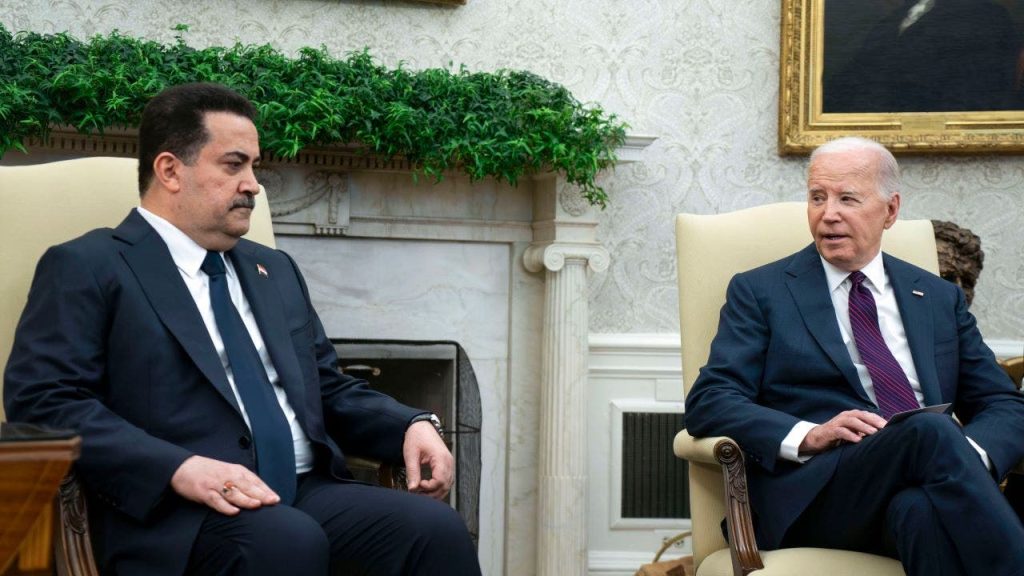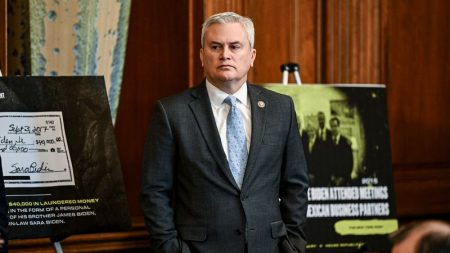Republican lawmakers expressed their concerns over the Iraqi Prime Minister’s ties to U.S.-designated terrorist groups and the billions of dollars sent to Iraq ahead of his meeting with President Biden. In a letter to Biden, members of the Republican Party highlighted Iraq’s close relationship with Iran, with Prime Minister Mohammed Shia Al-Sudani leading a government that funds Iran-backed militias with over $2.7 billion a year. The letter also pointed out that three of these militias were designated as terrorist groups by the U.S. and have attacked Americans multiple times.
The lawmakers also raised questions about the Iraqi government’s support for terrorism, noting that members of U.S.-designated terrorist groups are part of Iraq’s parliament and the Finance Committee authorizes funding for these groups while blocking funding for the Kurdistan Regional Government. They also expressed concern over the infiltration of Iraq’s security forces by IRGC-backed militias and the U.S. Treasury Department allowing money to go to Iraq’s Central Bank, which is then funneled to terrorist groups and Iranian-backed militias. The ministers overseeing Iraq’s oil production also control large portions of the industry, which is exported by Iran as unsanctioned Iraqi oil.
Furthermore, the lawmakers criticized the U.S. for allowing China, Russia, and Iran to dominate Iraq despite the significant financial and human commitment the U.S. has made to the country. They pointed out that China owns more than 50% of Iraq’s oil fields and the Iraqi Oil Ministry relies heavily on Russian and Chinese investments. Additionally, Iraq has turned on the Kurds, refusing to allocate them their full Constitutional Budget. The lawmakers requested answers to various questions from the U.S. government regarding the funding of Iran or its proxies in Iraq, support for money transfers to Iraq despite ties to terrorist groups, and the blockade on military equipment for the Kurdistan Region.
The letter to President Biden highlighted the increasing influence of Iran in Iraq, with the IRGC extending its reach into Iraq’s judiciary and funding Iranian-backed militias through the Muhandis General Company. It also mentioned Iraq’s participation in an attack on Israel alongside Iran, which further raised concerns about the extent to which Iraq is under Iranian control. The lawmakers stressed the urgency of addressing these issues and preventing further support for terrorist activities in the region.
It is clear that Republican lawmakers are deeply concerned about Iraq’s close ties to Iran and the presence of U.S.-designated terrorist groups within the Iraqi government and security forces. The letter to President Biden called for immediate action to prevent further funding of these groups and to address the growing influence of Iran in Iraq. As Prime Minister Al-Sudani visited the White House, these concerns were at the forefront of discussions, with the lawmakers urging the administration to take concrete steps to address these issues.
















